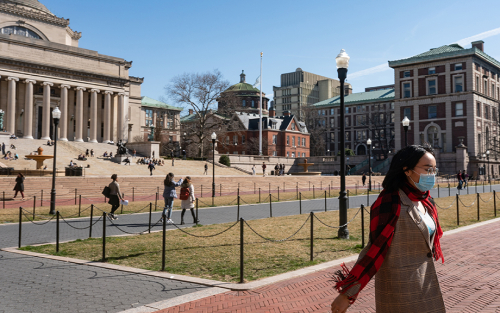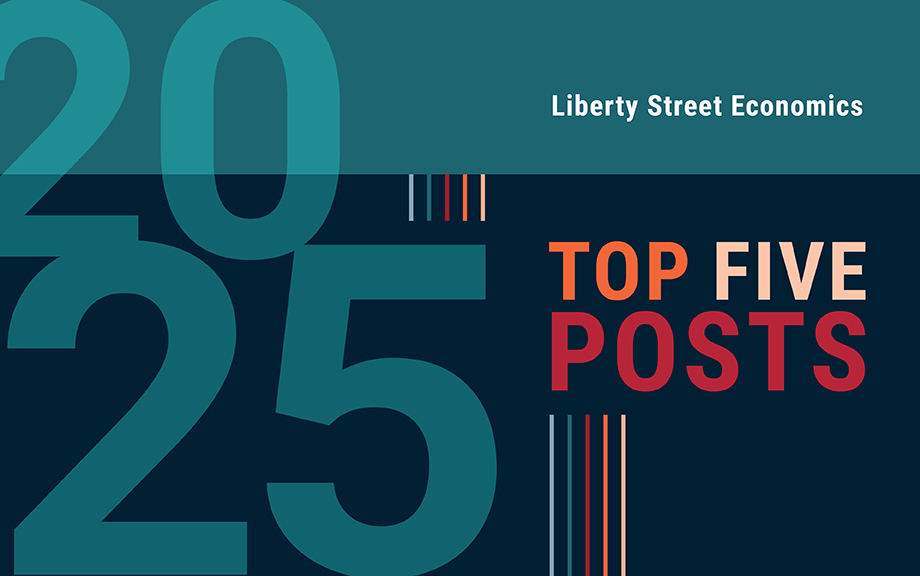When College Might Not Be Worth It

In our last post, we showed that the economic benefits of a college degree still far outweigh the costs for the typical graduate, with a healthy and consistent return of 12 to 13 percent over the past few decades. But there are many circumstances under which college graduates do not earn such a high return. Some colleges are much more expensive than average, and financial aid is not guaranteed no matter which college a student attends. In addition, the potentially high cost of living on campus was not factored into our estimates. Some students also may take five or six years to finish their degrees, which can significantly increase costs. Further, our calculations were based on median wages over a working life, but half of college graduates earn less than the median. Indeed, even when paying average costs, we find that a college degree does not appear to have paid off for at least a quarter of college graduates in recent decades. In this post, we consider when college might not be worth it and explore differences in the return to college by major.
Is College Still Worth It?

A college degree was once viewed as a surefire ticket to a good job and a clear pathway for upward mobility. However, concerns about the rising cost of college and the struggles of recent college graduates to find good jobs have led many Americans to lose confidence in higher education. This shift in sentiment has become even more widespread since the pandemic, as opportunities and wages have grown for those without a degree as labor markets strengthened. Indeed, many have been left wondering whether college is still worth it. In a two-part blog series, we offer an economic perspective on the value of a college degree, updating our previous research and analysis. This first post examines the costs, benefits, and return for the typical college graduate. We estimate the return to college at 12.5 percent, a rate well above the threshold for a sound investment. Our second post looks beyond the typical graduate and finds a college degree might not be worth it for at least a quarter of college graduates.
Delaying College During the Pandemic Can Be Costly

Many students are reconsidering their decision to go to college in the fall due to the coronavirus pandemic. Indeed, college enrollment is expected to be down sharply as a growing number of would-be college students consider taking a gap year. In part, this pullback reflects concerns about health and safety if colleges resume in-person classes, or missing out on the “college experience” if classes are held online. In addition, poor labor market prospects due to staggeringly high unemployment may be leading some to conclude that college is no longer worth it in this economic environment. In this post, we provide an economic perspective on going to college during the pandemic. Perhaps surprisingly, we find that the return to college actually increases, largely because the opportunity cost of attending school has declined. Furthermore, we show there are sizeable hidden costs to delaying college that erode the value of a college degree, even in the current economic environment. In fact, we estimate that taking a gap year reduces the return to college by a quarter and can cost tens of thousands of dollars in lost lifetime earnings.
College May Not Pay Off for Everyone
In our recent Current Issues article and blog posts on the value of a college degree, we showed that the economic benefits of a bachelor’s degree still far outweigh the costs.
Staying in College Longer Than Four Years Costs More Than You Might Think
In yesterday’s blog post and in our recent article in the New York Fed’s Current Issues series, we showed that the economic benefits of a bachelor’s degree still outweigh the costs, on average, even in today’s difficult labor market.
The Value of a College Degree
Not so long ago, people rarely questioned the value of a college degree. A bachelor’s degree was seen as a surefire ticket to a career-oriented, good-paying job.












 RSS Feed
RSS Feed Follow Liberty Street Economics
Follow Liberty Street Economics